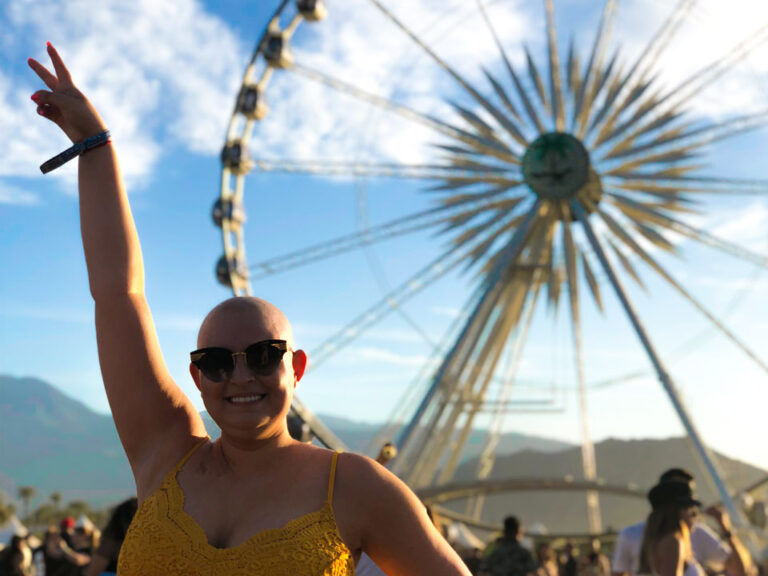The President’s decision to accept the HEW appropriation bill hammered out by House-Senate conferees has sent NIH morale soaring and has guaranteed increased cancer research efforts for another year.
The bill appropriates at least $523.6 million and a maximum of $551.2 million for the National Cancer Institute, depending on whether or not the President exercises the option to impound up to 5% of the fund in any single program. To avoid a veto despite the fact that the entire Labor-HEW bill exceeded Nixon’s budget request by $1.4 billion, Congress agreed to permit him to impound as much as $400 million. No more than 5% may be cut “from the amount specified in this act for any activity program or project,” the conference report said.
The Administration had requested $500 million for NCI in the 1974 fiscal year. The House voted $522.4 million, the Senate $580 million, and they compromised at $551.2 million.
Even if the full 5% cut is imposed, it will still be $90 million more than NIH received in fiscal 1973. The possibility remains that NIH also will get the $60 million in 1973 money withheld by the Administration from the 492 million voted by Congress in the twice-vetoed appropriation bill. That bill specifically provided two-year pending authorization for fiscal 1973 cancer fund. NIH executives consider the $60 million as still lying there waiting to be picked up if only the Office of Management & Budget will go along.
Some doubt exists that the President can legally withhold any part of the full appropriation for 1974 as well as 1973. The National Cancer Act of 1971 states that the NCI director will “receive from the President and the Office of Management & Budget directly all funds appropriated by Congress for obligation and expenditure by the National Cancer Institute.” That would seem to block any impoundment; however, the appropriations bill also has the force of law. The conference report lists the amount of money appropriated for each HHS agency and shows the amount each would receive if cut by 5%. NIH is included with the others and is not shown as receiving any special consideration. This probably could be interpreted as a clear indication of Congress’s intent, overriding provisions of the cancer act.
Establishing the minimum NCI appropriation at $523 million means that 548 competing research grants (both new and competing renewals) will be funded in fiscal 1974 at a total of $34.6 million. In 1973, 431 grants were funded with $43.8 million.
The percentage of approved grants to be funded will remain almost the same, 52% for 1973 and 51% for 1974. The number of grant applications approved this year is estimated at 1,078, up from 834 the previous year.
At least one delightful problem has been created for NIH by the availability of more money than the President had sought. His budget had omitted funds for research training grants and fellowships, since the Administration had decided to terminate those programs. Congress insisted on including money for them, however; the caveat against cutting more than 5% is in the law, and now it is up to HEW Secretary Caspar Weinberger and OMB to decide what to do about it.
The token training grant program offered by Weinberger after the House had overwhelmingly approved the Rogers bill mandating continuation of the old one satisfied no one. The Senate added so many new items to the Rogers bill that it was referred back to Rogers’ Health Subcommittee, where it is languishing.
Meanwhile, Weinberger must decide what to do about all the money he has been ordered by Congress to spend on a program he has tried to kill.
NIH will enjoy a minimum increase over the budget request of $191.4 million, which was cause for celebration among the staff after a year of suffering through dreary Administration efforts to make biomedical research and other health programs bear the brunt of anti-inflation austerity. “It’s just like the good old days,” one NIH executive said gleefully.











